America is already starting to feel the effects of a second Donald Trump presidency, and the guy hasn’t even taken the oath of office yet. While the soon-to-be leader of the free world (and I use the phrase very loosely) has made political promises that make everyone except his MAGA followers shudder with trepidation, his plan to impose tariffs on the country’s trade partners is currently the most worrisome.
Speaking to CBNC, Walmart CFO John David Rainey said that the retail giant might be forced to increase its prices when the tariffs take effect. “We never want to raise prices,” he said. “Our model is everyday low prices. But there probably will be cases where prices will go up for consumers.” While he did not specify which items are getting a price hike (and by how much), one can safely assume that imported products would be the first to take a hit.
People on X have been reacting to the news, with @CJtheFineArtist saying, “Sold our democracy out for this?” @TeaPainUSAWay placed the blame squarely on Trump supporters, adding, “Way to go, MAGA idiots. You played yourself.” Meanwhile, user @BogdanPanek1 seemed a little confused about how trade costs work. “How do you think Walmart got so rich? They can afford higher input costs, which are probably going to be borne mostly by their Chinese suppliers anyway.”
For anyone who didn’t take Economics 101 in college, a tariff is basically a tax that is paid every time a country imports or exports goods. That means every time the U.S. gets a specific item from anywhere else in the world, that country has to pay a fee. By Trump’s logic, increasing that fee would mean countries like China, which exports a lot of goods to America, would have to pay more. The hope is that the price hike would discourage imports and encourage local businesses to step up.
That sounds like an excellent plan to grow the local economy because producing goods locally would also create more jobs. But what Trump failed to tell his supporters is that the importing country is not the only one that foots the tariff bill. A receiving business (like Walmart) also has to pay. Since the added cost would likely lead to bankruptcy, those costs are tacked on to the imported items. So, it’s the consumer who takes the biggest hit.
Think of it as the extra fee you have to pay when ordering something from Amazon U.K. No one likes it, but if you want the item and it is not made or sold locally, you are forced to pay the import costs (which is essentially a mini tariff) or do without the item. Fortunately, two-thirds of the items sold at Walmart are not at risk of tariffs because they are made, grown, or assembled in the U.S. The company made the shift to local items because of the levies placed during Trump’s first term as President.
“We’ve been living under a tariff environment for seven years, so we’re pretty familiar with that,” Rainey continued. “Tariffs, though, are inflationary for customers, so we want to work with suppliers and with our own private brand assortment to try to bring down prices.”

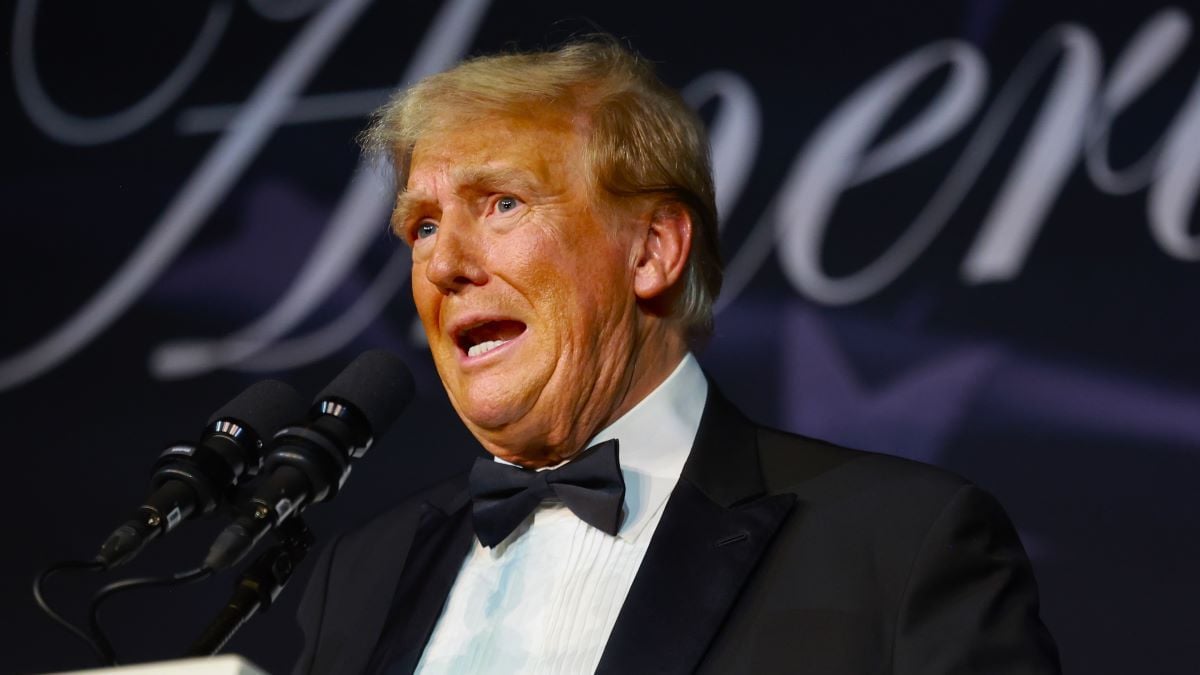
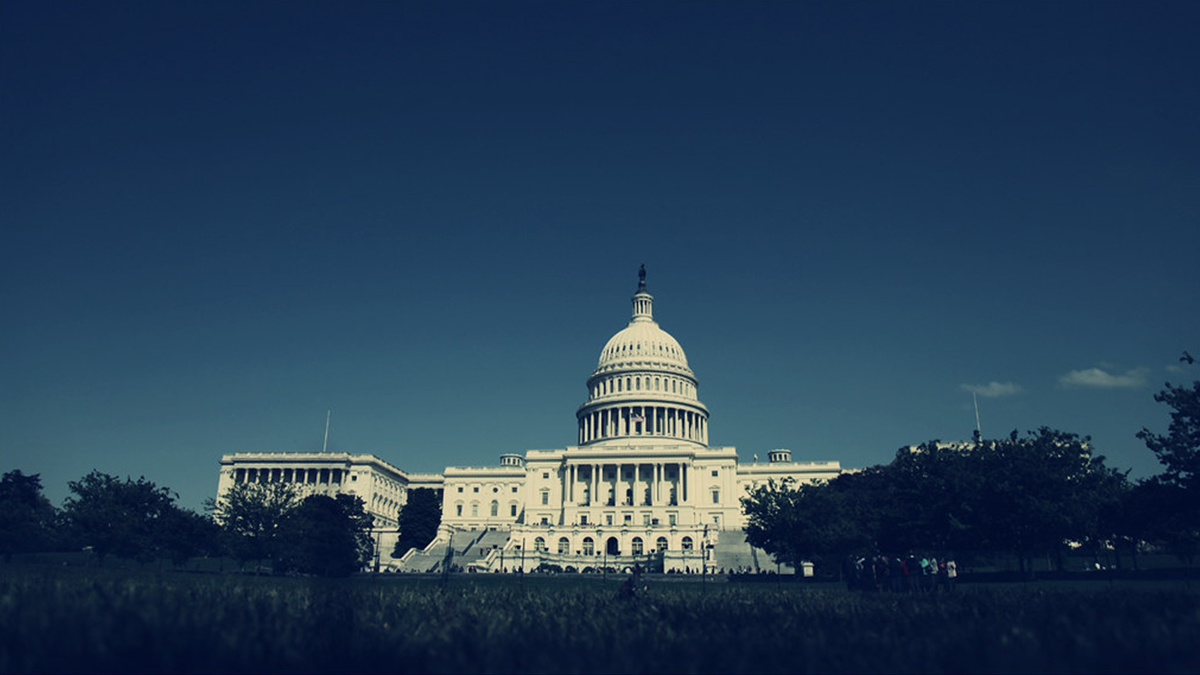

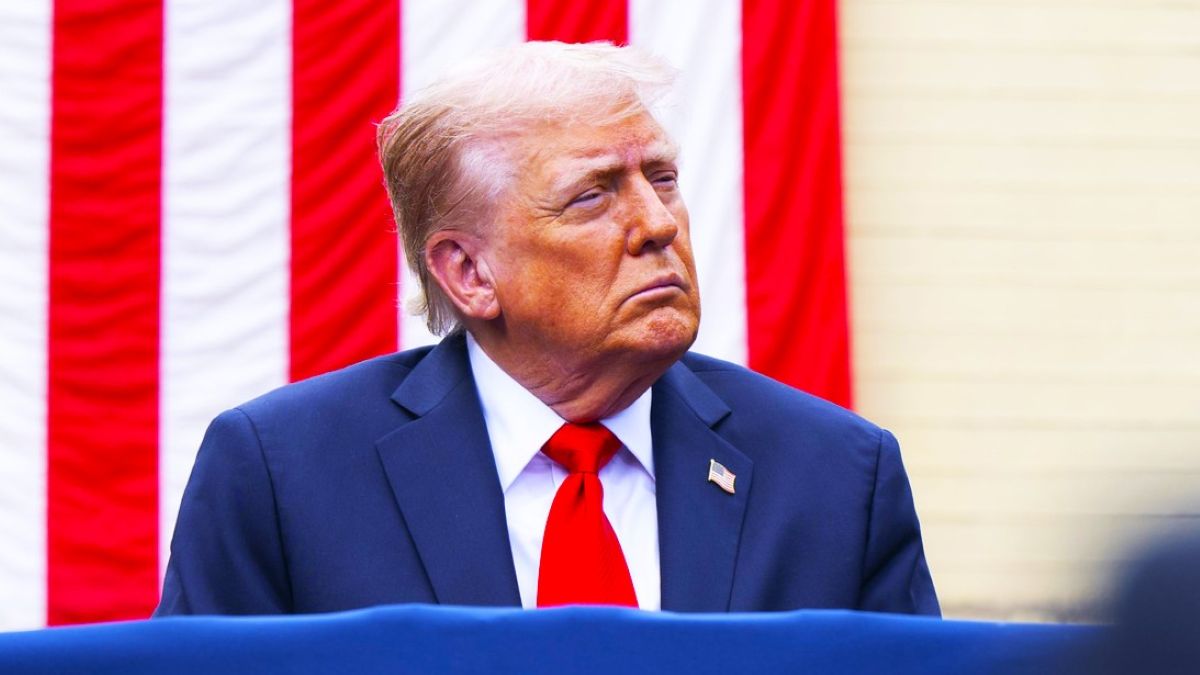


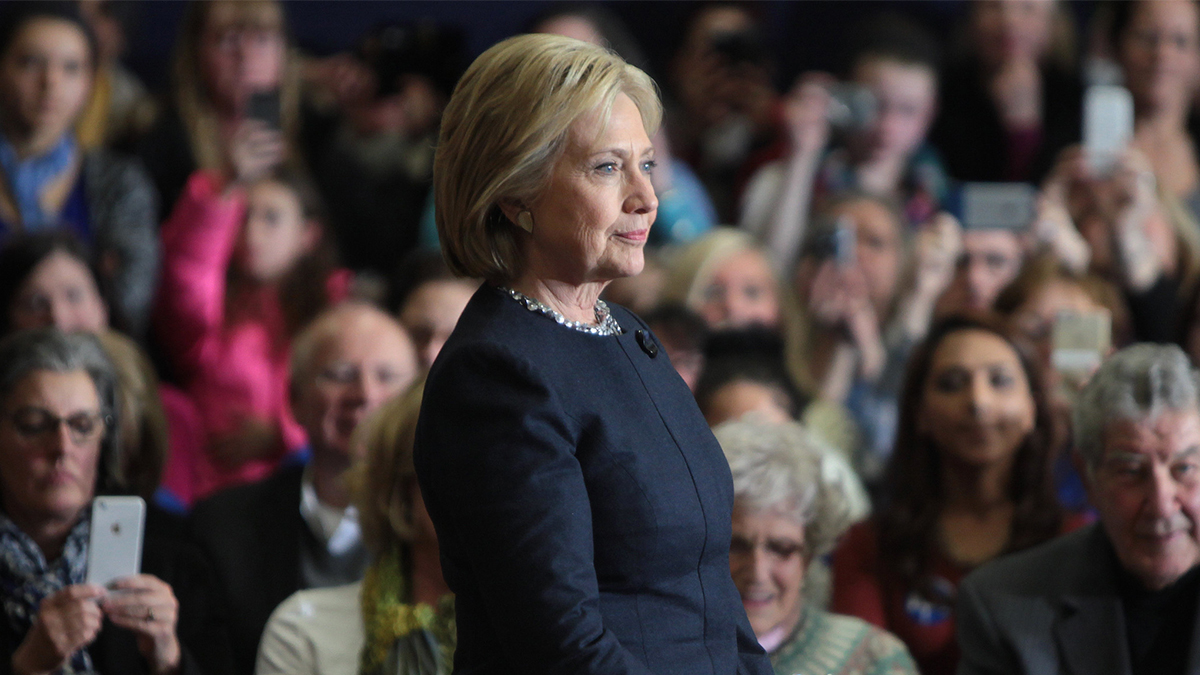
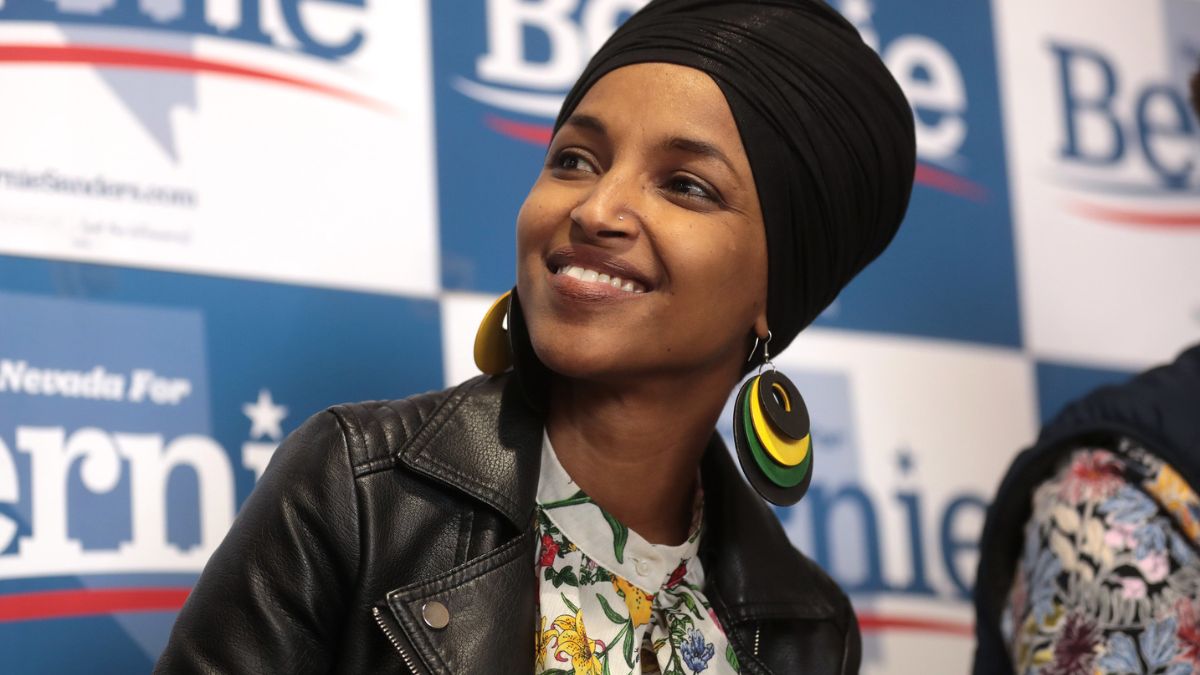

Published: Nov 20, 2024 09:41 am